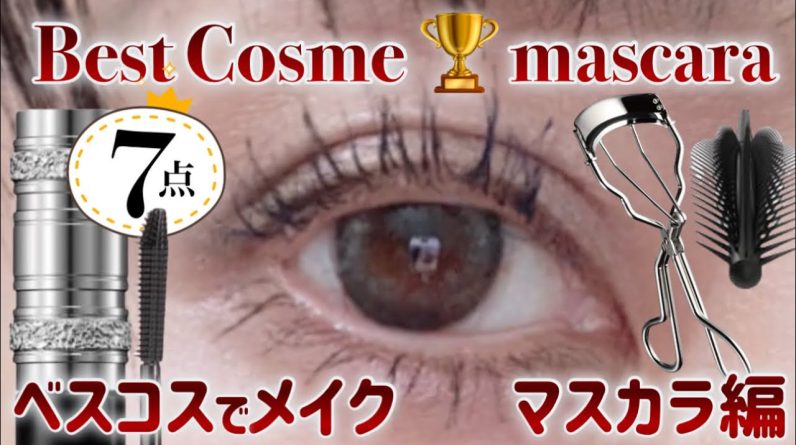In this video, we’ll take a look at 3 ways to treat Eczema.
Eczema is a condition when the skin is inflamed, itchy, cracked, rough, and sometimes blisters.
Eczema is not a contagious skin disease.
This skin problem affects children under the age of five.
However, eczema that appears since childhood can sometimes persist until the sufferer is an adult.
Sufferers of common eczema symptoms are:
Dry to scaly skin
A rash or redness appears on the skin
Itching
Open, crusty, or watery wound
While the specific cause of eczema is not yet known.
But temporary health experts conclude that eczema can arise due to a combination of genetic and environmental factors.
In addition, environmental factors that trigger eczema include:
Irritants such as allergies to soap, detergents, shampoo, disinfectants, or body care products.
Allergens such as mites, dust, pets, or pollen.
Microbes include Staphylococcus aureus bacteria, viruses, and fungi.
Weather changes very hotly or cold.
Excessive sweating.
Certain foods that trigger allergies such as dairy products, eggs, nuts, soy, or wheat.
Stress.
Hormonal changes such as during pregnancy or around the menstrual cycle.
There is currently no cure for eczema that specifically treats this skin problem.
However, proper treatment can help improve skin condition as well as prevent this skin disease from recurring.
Here are some ways to treat eczema so that it doesn’t recur easily:
1. Eczema Drug Therapy
Doctors usually recommend treating eczema with medications with the aim of controlling the itching, improving skin condition, preventing the appearance of open sores, and anticipating infection.
This type of treatment with eczema drugs is adjusted to age, health conditions, and the severity of skin diseases.
Some doctors also prescribe several types of drugs to treat eczema at once.
This medicine is in the form of creams, lotions, gels, and ointments.
Things to remember, eczema drugs need to be taken according to the doctor’s instructions.
The reason is, there are several types of eczema drugs that can reduce endurance.
As for the type of antibiotic drug, its consumption needs to be complete to prevent drug-resistant bacteria in the future.
There are also drugs that should not be taken in the long term because it is burdensome for the kidneys.
Not only medicine from doctors, but eczema sufferers can also use natural eczema drugs such as aloe vera, coconut oil, and apple cider vinegar.
Please check out on descriptions below for supporting healthy skin supplements.
2. Phototherapy
How to treat eczema with moderate to acute severity can use phototherapy with low doses of ultraviolet (UV) light.
This UV light treatment helps the immune system not to overreact when it comes to a number of allergens or attacks from foreign substances from outside the body.
There are two types of phototherapy, namely: Therapy with UVA rays, UVB rays, or a combination of both.
This treatment is given two to five times a week, depending on the severity of the disease.
PUVA therapy or using drugs that make the skin more sensitive to UVA rays.
The doctor will recommend the appropriate phototherapy treatment according to the type of eczema.
3. Homecare
How to treat eczema also needs support at-home care.
Patients need routine:
Bathing with warm water.
Apply moisturizer three minutes after bathing.
Maintain body moisture every day.
Wear clothes made of cotton or soft cloth.
Avoid using coarse, tight, and stifling fibrous cloths.
Use a humidifier in the room when the weather is dry and cold.
Using mild soap and skincare products.
When drying a wet body, use a towel by tapping it, not rubbing it against the skin.
Avoid sudden changes in temperature arrive and do activities that trigger excessive sweating.
As much as possible avoid allergens.
The right treatment can maintain healthy skin and prevent eczema from recurring.
***Introducing Collagen Complex.
This supplement provides 1500mg per serving of high-quality hydrolyzed collagen peptides to support healthy skin, bones, joints, and organs.
Collagen Complex
***To learn more about Collagen Complex please click the link below:
This presentation contains images that were used under a Creative Commons License.
Click here to see the full list of images and attributions:
***If you liked this video, hit the subscribe button to receive more like it in
the future.








